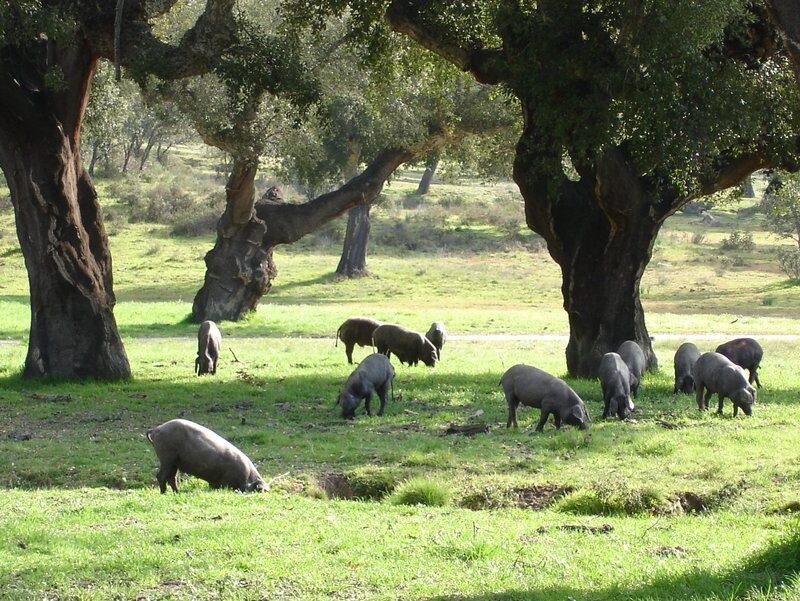AUTHORS: Clunie Keenleyside – Guy Beaufoy – Graham Tucker – Gwyn Jones
High Nature Value (HNV) farming is a relatively new concept that describes the farming systems in Europe of greatest biodiversity value. The environmental importance of HNV farming has been recognised for some time, but there has been very little research done on the agricultural and economic aspects of HNV farming or on the support provided by the Common Agricultural Policy, which is the main source of public funding for environmental management of farmland in the EU. Economic pressures have caused and continue to threaten the abandonment or intensification of large areas of HNV farmland, with irreversible loss of the associated habitats and species of European importance for biodiversity. HNV farming is essential if the EU is to meet its 2020 biodiversity targets, but the policy context of recent years seems to be failing to halt the decline of HNV farming, with notable exceptions in certain cases. This study is intended to contribute to the evidence base to inform the design of future EU policy for HNV farming.

